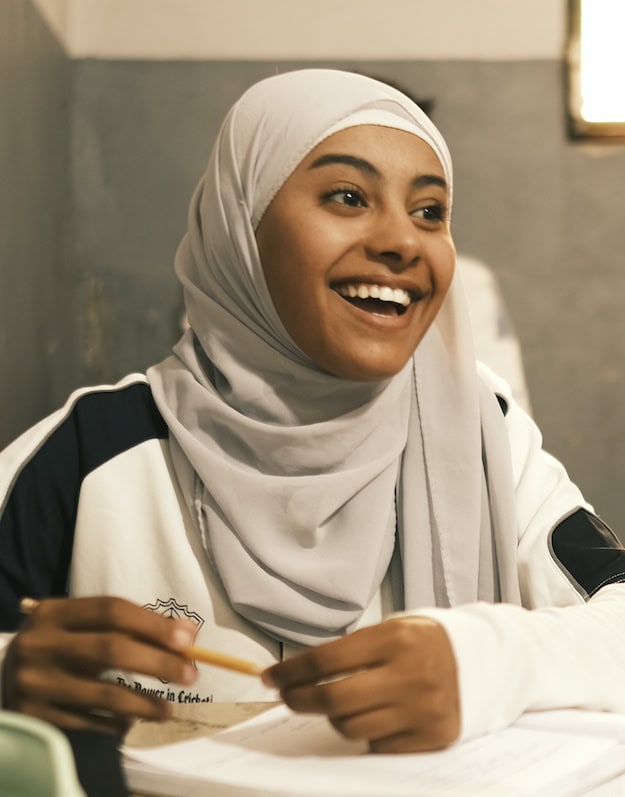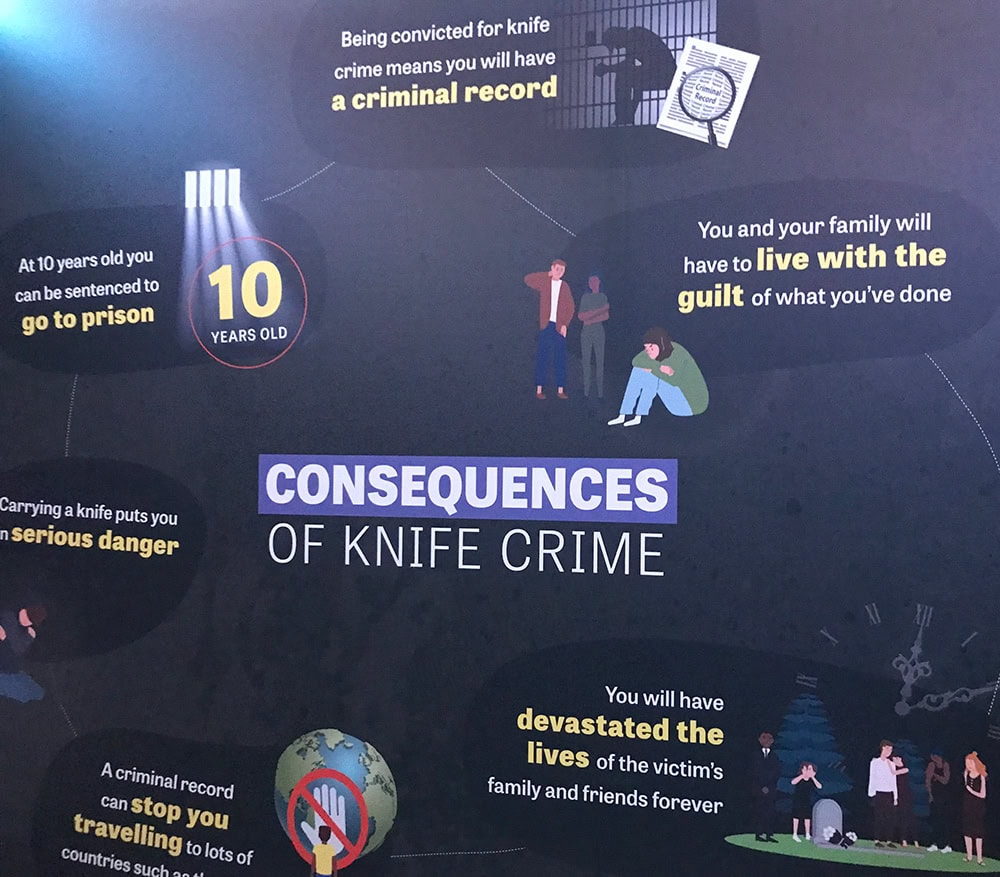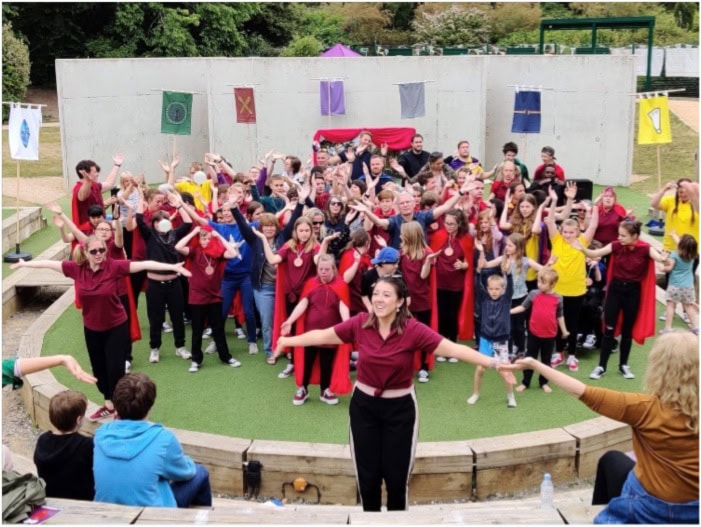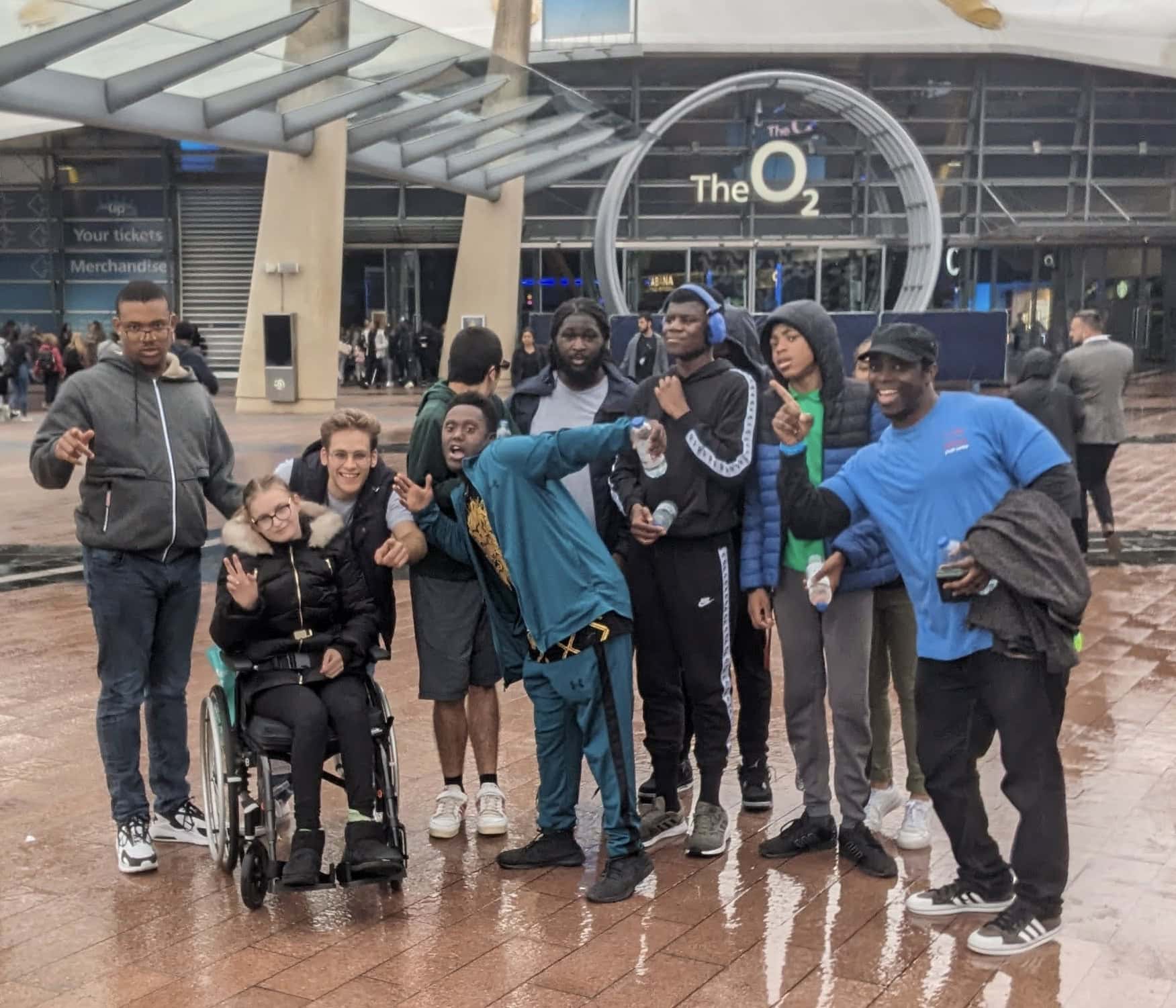‘Schools Out!’ – schooling for people with disabilities during the pandemic – UK

BOSP delivers a wide range of regular clubs and activities with care, at evenings, weekends and during school holidays for families who have children with complex disabilities or life-limiting illnesses, aged 4 to 25 years.
Country
UK
Start Year:
2020
Run Time:
1
Participant Age:
All
Which UN SDGs?
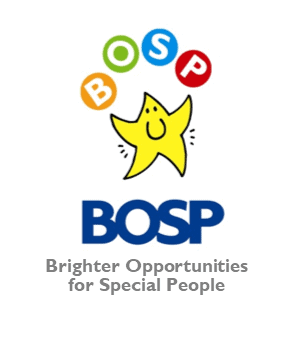
What is Co-Funding?
Co-funding with the ALMT allows individuals, other Trusts and Foundations, and Companies to contribute funds directly to individual, vetted and approved, project partnerships. With fifteen years of experience awarding grants and working in partnership with children’s organisations around the world, the ALMT is best placed to support you in your philanthropy.
BOSP’s vision is to provide a range of high-quality leisure and respite services to children and young people with learning or physical disabilities and their families. They support the Government’s inclusion agenda and strive to help families lead an active and ‘ordinary’ life. BOSP aims to offer children and young people with disabilities access to the same activities and opportunities as their peers, allowing them to develop independence, self-esteem, and social skills in a supportive environment.
There was an assumption that following the first Covid-19 lockdown, all children, regardless of need, had returned to school full-time. However, the reality was quite different with schools making their own decisions, interpreting what they Government guidance and not a statutory obligation. Many educational settings were unable to support children with disabilities’ care needs along with the restrictions relating to COVID-19. This meant that many of BOSP’s children had only returned to school 2 days a week whilst some had not returned at all. Families were not receiving additional financial support at the time to help pay for carers within the home. This lack of respite meant they were unable to work as they had to resume their full-time caring role. Fear of redundancy because of this caused untold additional stress. Many could not get out of the house in the day, especially if the child/young person has personal care needs/challenging behaviour. Often referred to as the ‘forgotten demographic’ of this pandemic, these already isolated children were remaining isolated and unable to participate fully in society like their peers.
This grant supported BOSP in extending its high-quality weekend/school holiday programme to provide a minimum 1,908 hours of free support activities during weekdays for children with disabilities. This also provided 1,908 respite hours for their families. Each session was 6 hours long and the children were already familiar with BOSP’s activities and clubs. This meant that families were confident in BOSP’s ability to provide safe, fun and educational activities with full care and medical support. This made the transition into weekday services stress free.
Related Projects
- Syria
- 0
- - Complete
Alsama Project offers a world class education for young refugees
- UK
- 2025
- - 2028
The Ben Kinsella Trust is a charity that tackles knife crime through education and campaigning.
- UK
- 2025
- - 2026
The Theatre Shed is an inclusive theatre company empowering young people to embrace their unique voices, fostering confidence and self-expression.
- UK
- 2025
- - 2026
Salmon Youth Centre aims to help build the confidence, skills and independence of young people with disabilities and to increase their access to opportunities.
